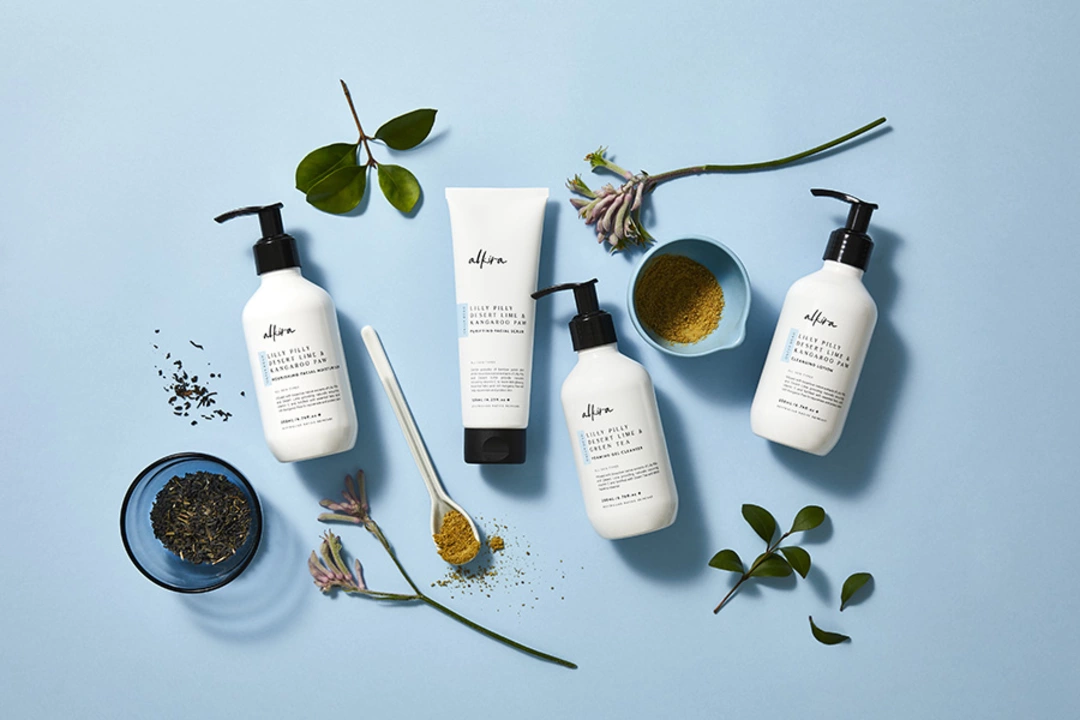Cosmetic products: how to choose safe, effective skincare
Shopping for cosmetic products can feel overwhelming. Labels promise big results, but not every product is right for you. This guide gives clear, practical steps to pick products that work, avoid irritation, and buy safely online.
How to choose safe cosmetic products
First, read the ingredient list. Look for the active ingredient and its concentration. For acne, common actives are salicylic acid, benzoyl peroxide, and adapalene. For dark spots, ingredients include vitamin C, niacinamide, and regulated agents like hydroquinone (use under doctor guidance). If a product hides ingredients under vague terms like "fragrance" or "proprietary blend," it may irritate sensitive skin.
Do a patch test before full use. Apply a small amount behind your ear or on the inner forearm for 48 hours. Redness, itching, or burning means stop. Start new actives slowly — every other night for two weeks — so your skin can adjust.
Watch for interactions with prescription meds. For example, strong retinoids and some acne prescriptions increase sun sensitivity. If you use prescription treatments (including topical or oral drugs), ask your dermatologist before adding new over-the-counter actives.
Buying cosmetic products online and avoiding fakes
Buy from reputable stores or verified pharmacies. Check for clear contact info, return policy, and customer reviews on independent sites. Avoid sellers with extremely low prices and no business address — counterfeit products often look real but can contain harmful or inactive ingredients.
Look at packaging details: batch number, expiry date, and safety seals. If the product smells off, has changed color, or separates, don't use it. Store products as directed — heat, light, and humidity can break down actives fast.
Natural doesn't always mean safer. Herbal extracts and essential oils can cause allergic reactions and increase sensitivity. If you like botanical products, test them first and use low concentrations. Also, preservatives prevent bacterial growth; a preservative-free product used past its shelf life can be risky.
When comparing options, focus on evidence and clear claims. A product saying "clinically proven" should link to a study or give a clear claim. For acne or stubborn issues, read articles and reviews focused on alternatives, like the site's roundup on Isofair alternatives and other acne options. Those articles can point to realistic expectations and side effects.
Finally, if you see persistent irritation, unusual swelling, or signs of infection, stop using the product and contact a healthcare professional. For cosmetic choices tied to medical conditions (pregnancy, rosacea, eczema), ask a dermatologist before trying new actives or buying from overseas pharmacies.
Use simple rules: read labels, patch test, buy from trusted sellers, and ask a pro when in doubt. Your skin will thank you for the careful choices.
The Role of Aluminium Hydroxide in Cosmetic Products
As a blogger, I've learned a lot about the role of aluminium hydroxide in cosmetic products. This versatile ingredient is commonly used as a skin protectant and helps to provide a barrier on the skin's surface. You'll often find it in sunscreens and makeup products, as it provides a matte finish and prevents excessive shine. Additionally, aluminium hydroxide is known for its soothing properties, which can help reduce irritation and inflammation. Overall, it's an essential component in many cosmetic products that offers various benefits for our skin.
© 2026. All rights reserved.

